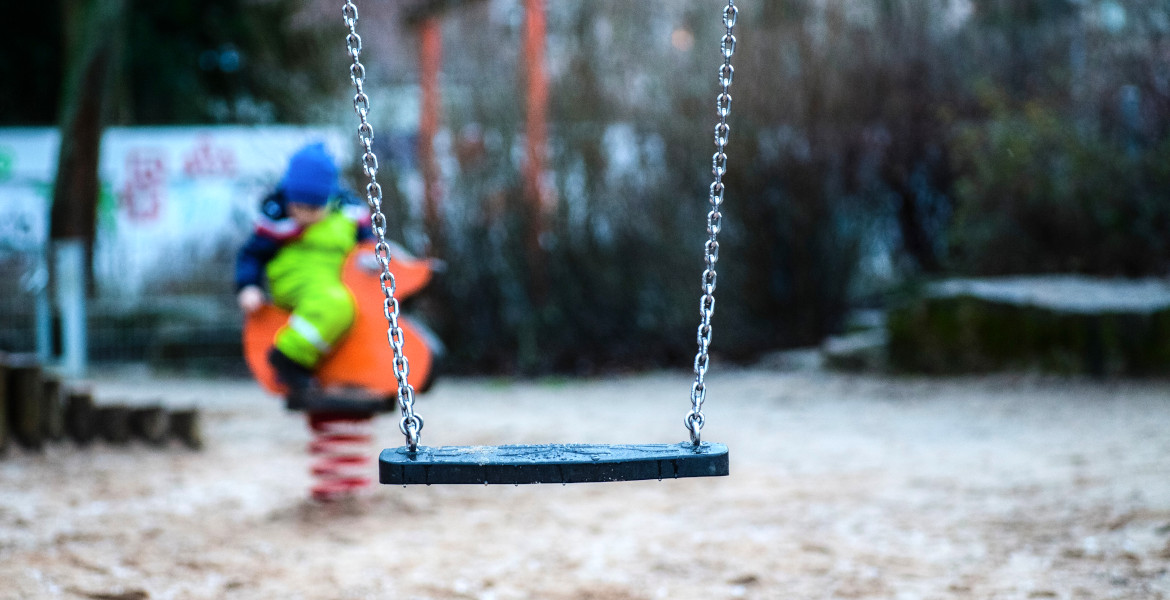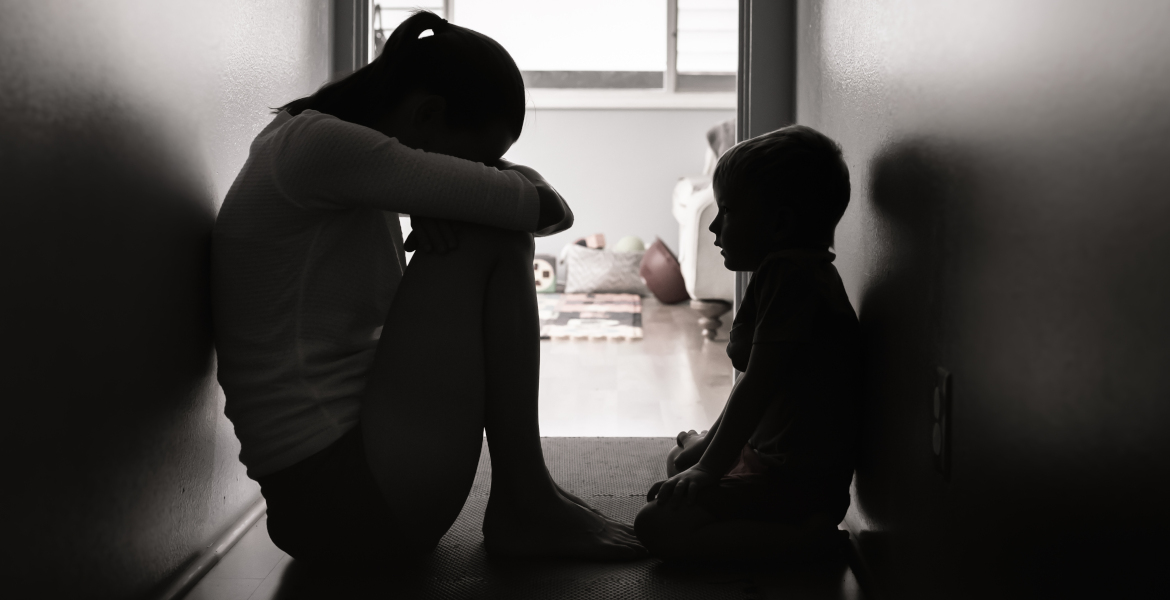According to a survey by Verian and Länsförsäkringar, an increasing number of Swedish parents say they have withdrawn their children's savings - without being able to pay them back.
Last year, 4% of parents felt forced to use their children's money to get by financially - but this year the figure has risen to 10%.
– This is a significant increase and the trend reflects the fact that many families with children are finding it difficult to make ends meet, says Stefan Westerberg, personal economist at Länsförsäkringar, in a press release.
Most common is it among single parents and low-income households to 'borrow' money from their children without being able to pay it back later. 18% of single parents and 28% of low-income households say they have done this in the past year.
"Try to pay the money back"
– Many people are still in a tight financial situation with high interest rates and high spending on food and other purchases. It's understandable that more money is going to everyday expenses and less to savings for children. But try to put the money back in if you can when you take it out of the children's savings, and try to reduce the amount of savings rather than eliminate it altogether. It is easy to forget to replenish monthly savings when the economy improves, continues Stefan Westerberg.
The survey was conducted online via Sifopanel between January 31 and February 7, 2024. 1000 people with one or more children under the age of 18 living at home answered the questions.





